
3 Early Signs of Lung Cancer You Shouldn’t Ignore — It Could Become Life-Threatening
Lung cancer is one of the deadliest forms of cancer worldwide, largely because it is often diagnosed at a late stage when treatment options are limited. However, when detected early, lung cancer is more manageable and the chances of survival significantly increase. The key lies in recognizing the early warning signs and not dismissing them as common health issues. Below are three early-stage symptoms of lung cancer that should never be ignored.
1. Persistent Cough That Doesn’t Go Away
A lingering cough that lasts more than three weeks, especially without a clear cause such as a cold or seasonal allergy, could be an early warning sign of lung cancer. While many people might attribute it to smoking, pollution, or even a dry throat, it’s crucial to notice the nature of the cough. If it becomes deeper, more frequent, or starts producing blood or unusual mucus, it’s time to consult a doctor immediately. Chronic coughing is often one of the first symptoms, especially in non-small cell lung cancer (NSCLC), the most common type.
2. Chest Pain or Discomfort
Early lung cancer may cause chest pain that is sharp, dull, or aching, particularly when breathing deeply, coughing, or laughing. This symptom can occur if the tumor begins to affect the lining of the lungs (pleura) or chest wall. People often mistake this pain for muscle strain or heart problems, but if it persists or worsens over time, it should not be ignored. The pain may also spread to the shoulders or back — another clue that something more serious may be developing internally.
3. Shortness of Breath or Wheezing
Feeling breathless after mild activity, or experiencing wheezing sounds while breathing, can be alarming signs of something wrong in your lungs. These symptoms might be subtle at first and easily brushed off as signs of aging, asthma, or being out of shape. However, they can indicate that a tumor is blocking or narrowing airways or that fluid is building up around the lungs. If you notice that your normal daily activities are becoming harder because you feel out of breath, it's important to seek medical advice promptly.
Why Early Detection Matters
The early stage of lung cancer often presents no symptoms at all, which makes it even more dangerous. By the time clear symptoms appear, the cancer may have already spread (metastasized) to other organs like the brain, liver, or bones. This is why it's essential to pay attention to your body and act on subtle warning signs. Early detection through screenings such as low-dose CT scans is especially recommended for high-risk individuals, such as long-time smokers or those with a family history of lung cancer.
Final Thoughts
Ignoring early symptoms could mean missing a critical window for treatment. A persistent cough, unusual chest pain, and unexplained shortness of breath are not just minor annoyances — they could be your body’s way of warning you about a serious underlying issue. Listen to your body, and if you experience any of these signs, don’t delay. Speak to a healthcare provider, get the appropriate tests, and take proactive steps to protect your health. When it comes to cancer, early action can make all the difference.
News in the same category

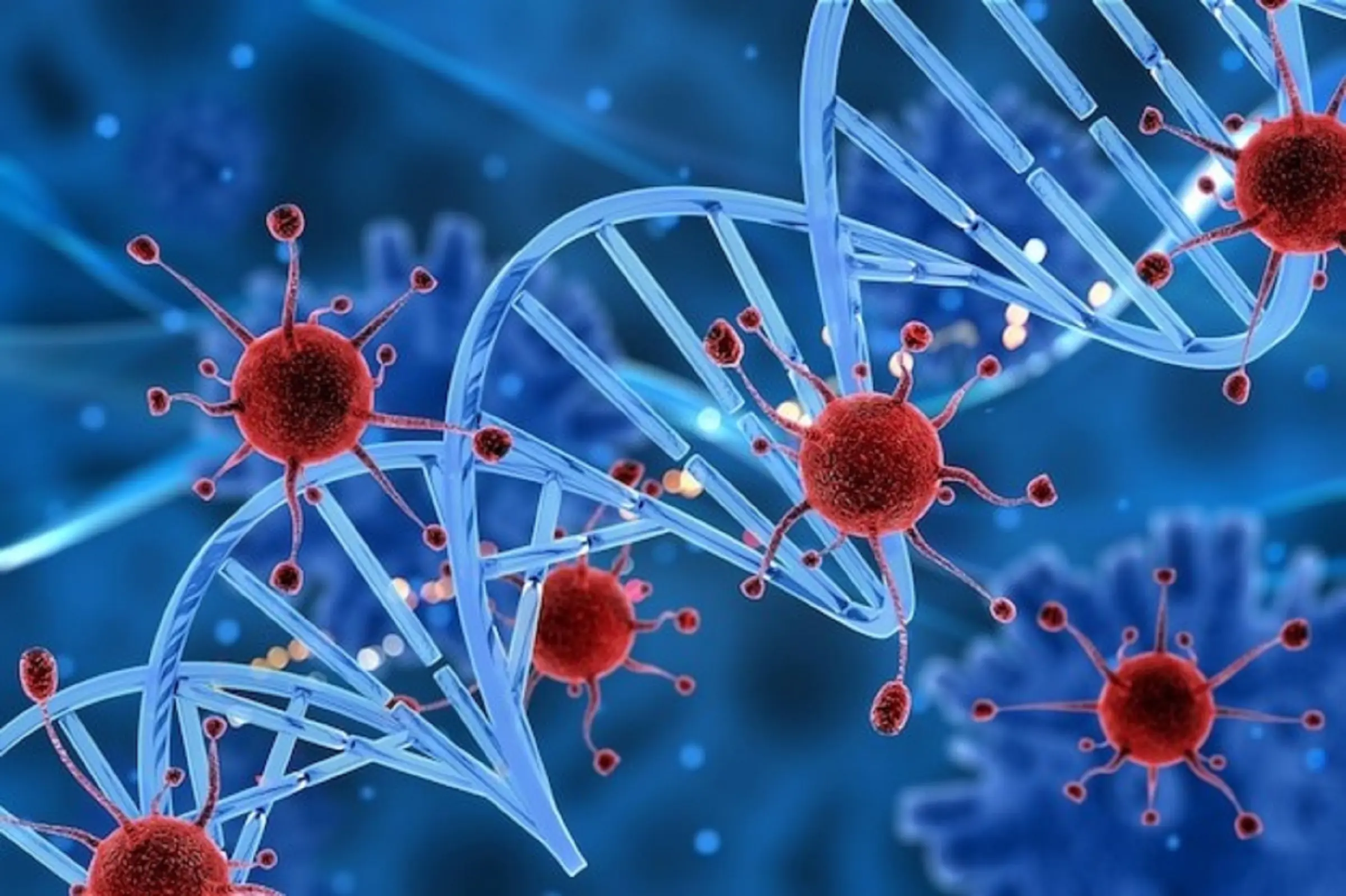
5 Types of Cancer with Over 90% Cure Rate: Early Signs Everyone Should Pay Attention To

Doctor's Advice: Whether You're Rich or Poor, Never Eat These 3 Foods for Breakfast – They Can Lead to Aggressive Cancer

Scientists Use CRISPR to Eliminate HIV from Human Immune Cells
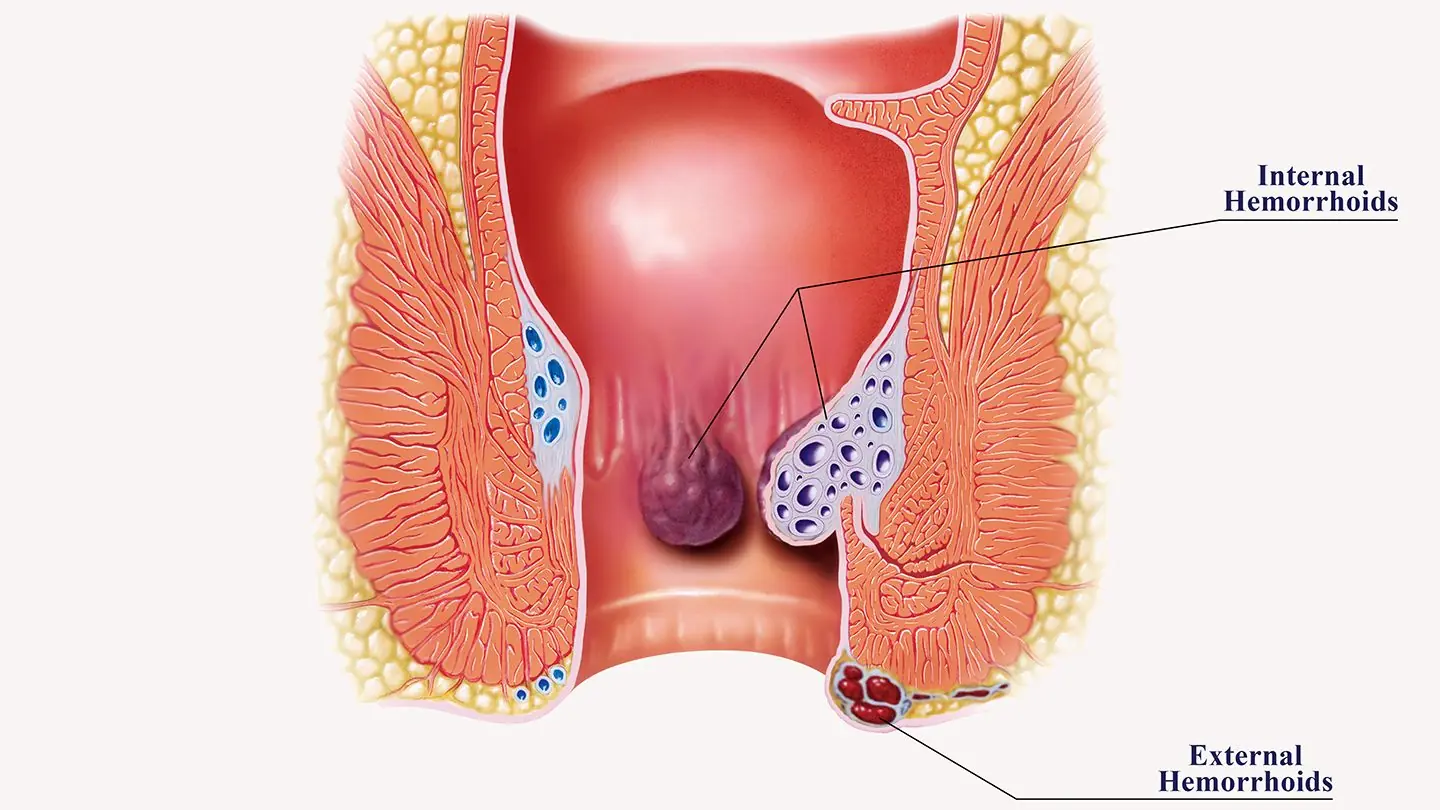
Hemorrhoids: Fast, Effective, Science-Backed Ways to Find Relief
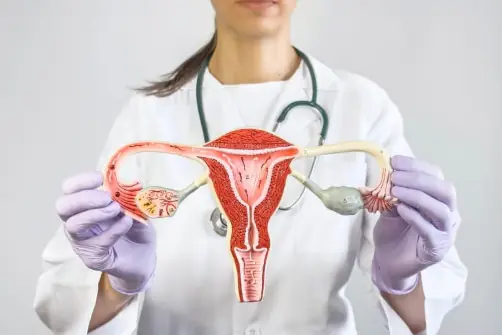
Ovarian Cancer: 8 Early Signs You Need to Know

It’s Not Just Tooth Decay: 2 Common Signs in Your Mouth That Are SOS Signals From Your Body — Don’t Ignore Them
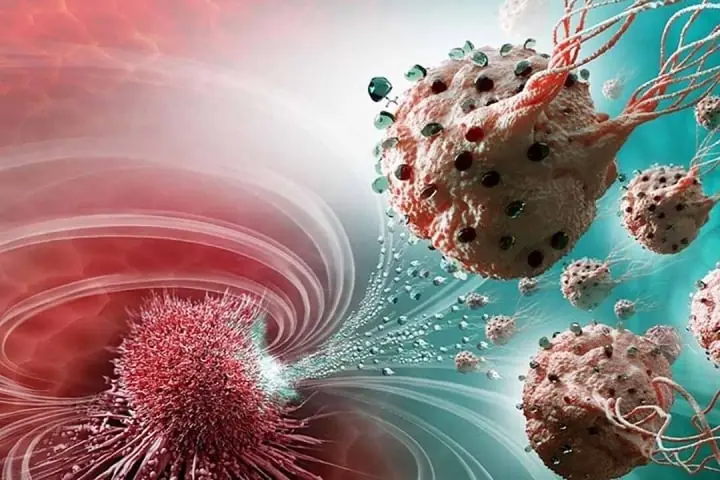
Is Cancer Hereditary? Useful Tips to Prevent Cancer from Developing
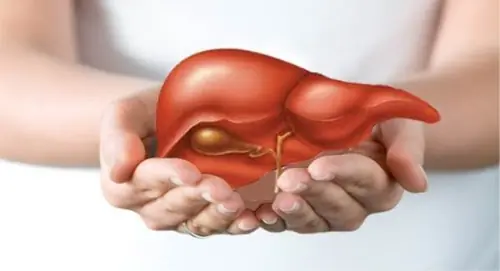
Health Experts Suggest 7 Ways to Detox Your Liver and Cleanse Your Body Daily

The Back of Your Hand Reveals Longevity Secrets: 4 Signs Everyone Should Check

13cm of Intestine Fell Out After 2 Hours on the Phone in the Toilet: 5 Dangers of Using Your Phone in the Bathroom

Don't Drink Water Right After Waking Up — Doctors Recommend Doing These 5 Things First

A 40-Year-Old Man Suffers a Stroke After Dinner: Doctor Points Out 3 Critical Mistakes
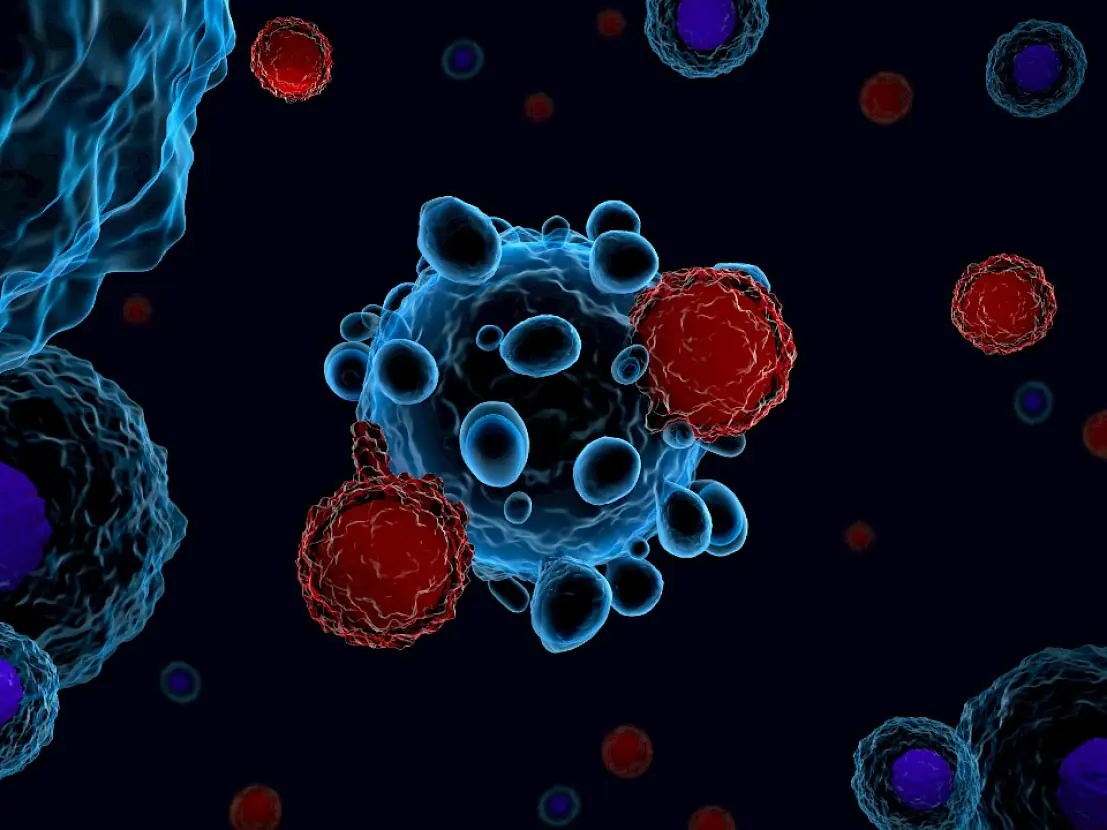
This Fruit Is Eaten Every Morning by a Famous Billionaire: A Powerful Secret to Fighting Cancer
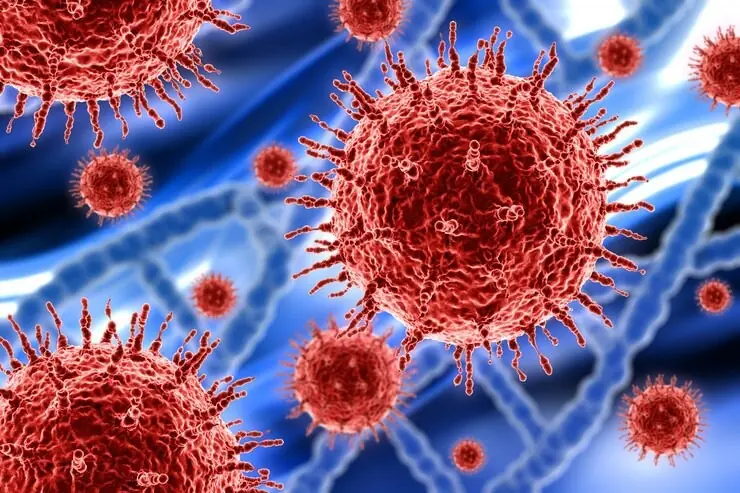
Warning Signs in Your Stool That May Indicate Colon Cancer: Seek Medical Attention Immediately
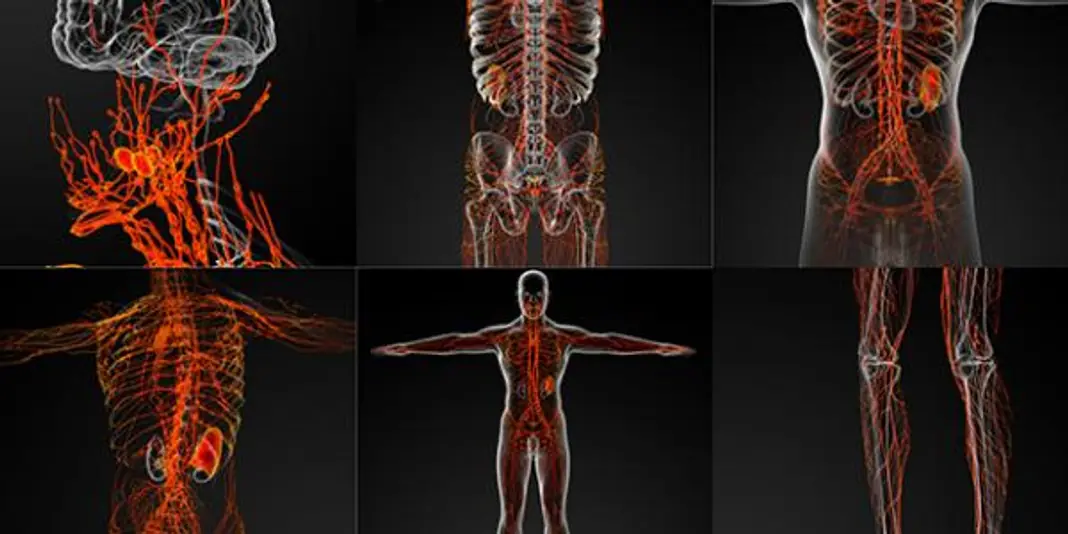
10 Effective Ways to Boost Your Lymphatic System Health

Fibromyalgia: Understanding Symptoms & 8 Natural Ways to Find Relief

Powerful Piriformis Stretches to Soothe Sciatic, Hip, and Lower Back Pain
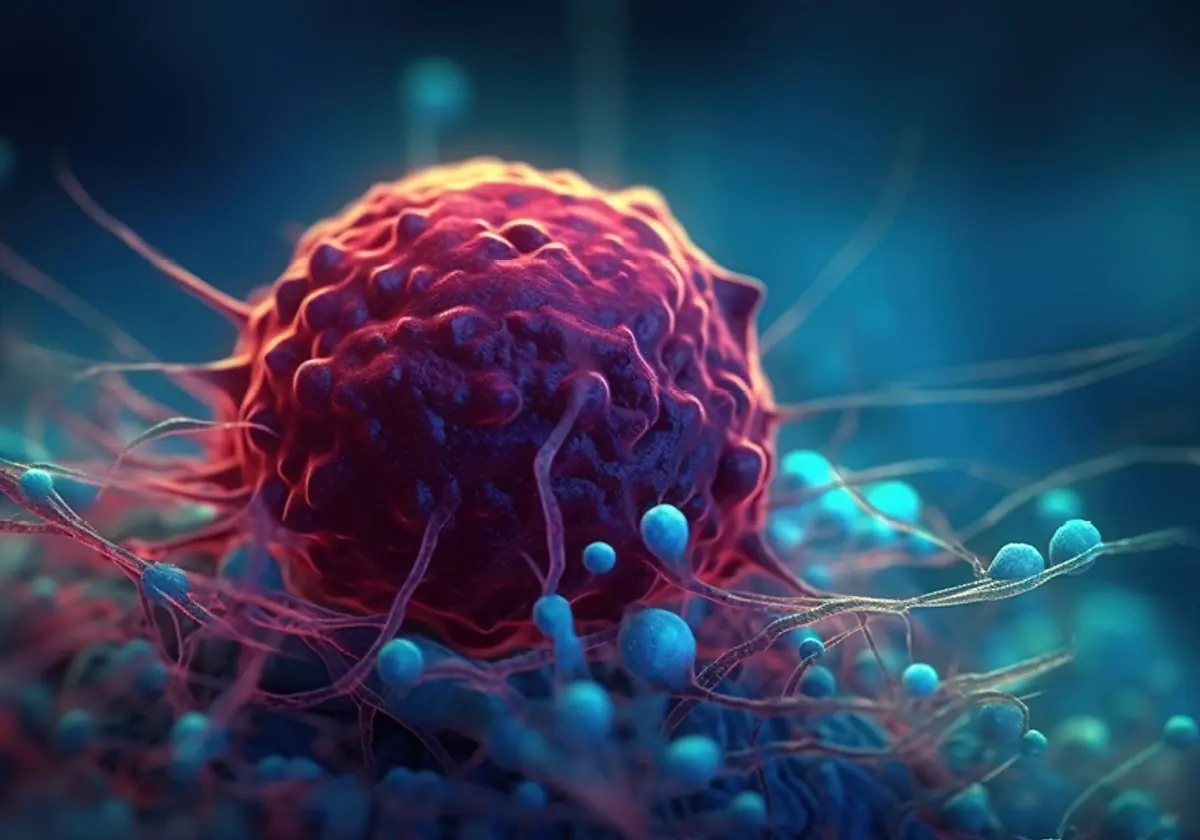
4 Types of Cancer with Over 90% Cure Rate: Everyone Should Watch for the Early Signs
News Post

5 Countries Tighten Immigration Rules, Making It Tougher For Americans To Move Abroad

Gulf Stream On The Brink Of Collapse — Scientists Warn Of Global Catastrophe

Astonishing Cancer-Fighting Power of One Juice — Even Doctors Are Surprised

5 Types of Cancer with Over 90% Cure Rate: Early Signs Everyone Should Pay Attention To

Doctor's Advice: Whether You're Rich or Poor, Never Eat These 3 Foods for Breakfast – They Can Lead to Aggressive Cancer

Lemon and Charcoal: A Natural Skin Care Secret to Save Money and Glow

Golden Energy: How Turmeric, Black Pepper, and Almond Milk Support a Healthier You

French Farmer Discovers $4 Billion Gold Deposit, But Legal Hurdles Prevent Him From Profiting

Inside The Global Seed Vault: Earth’s ‘Safest Place’ Only Opens Six Times A Year

Chilling Final Words Of Air India Pilot Moments Before Tragic Crash That Killed 265 Uncovered

Scientists Use CRISPR to Eliminate HIV from Human Immune Cells

Eat These 9 Fruits Daily to Brighten Your Vision & Prevent Cataracts Naturally (Science-Backed)

Hemorrhoids: Fast, Effective, Science-Backed Ways to Find Relief

The Plant That Closes Its Leaves When You Touch It – And May Support Your Health Naturally

Ovarian Cancer: 8 Early Signs You Need to Know

It’s Not Just Tooth Decay: 2 Common Signs in Your Mouth That Are SOS Signals From Your Body — Don’t Ignore Them

Is Cancer Hereditary? Useful Tips to Prevent Cancer from Developing

Garlic: The Tiny Clove with Mighty Wellness Powers You Need to Know
